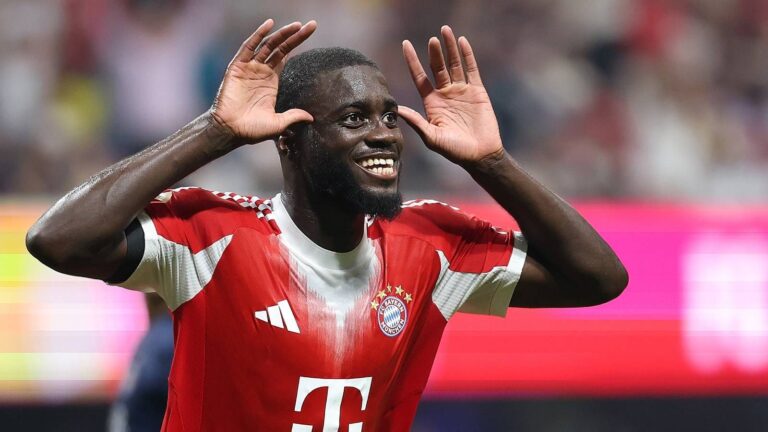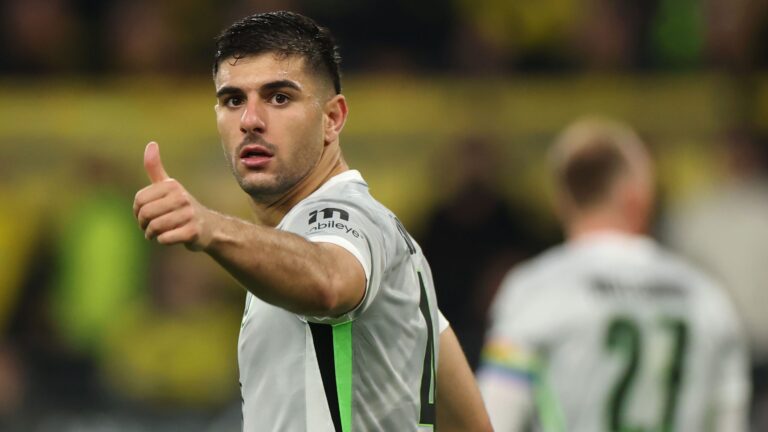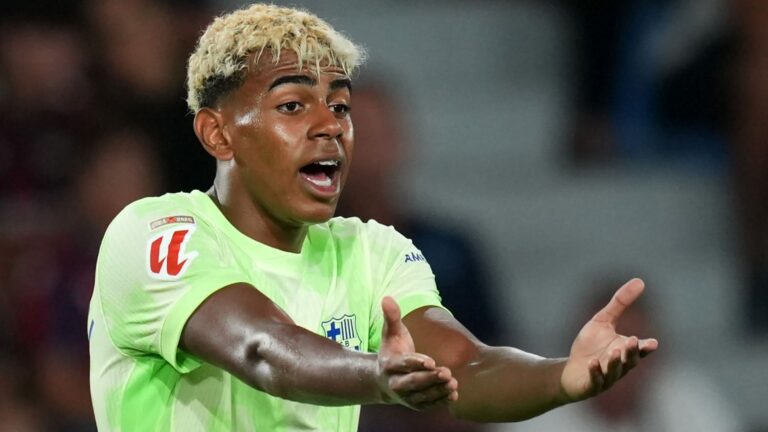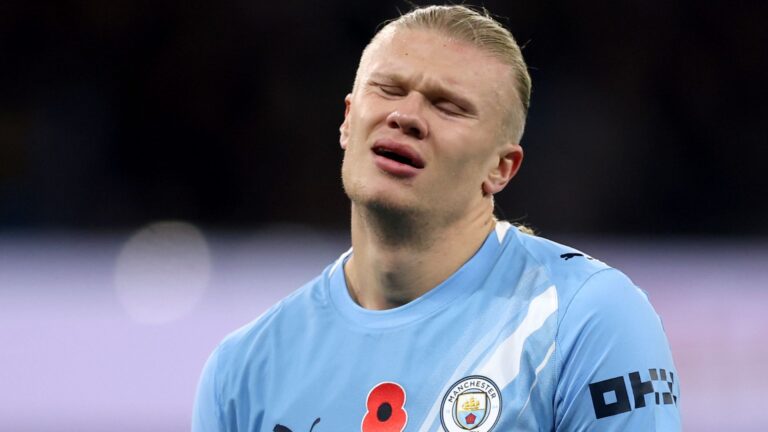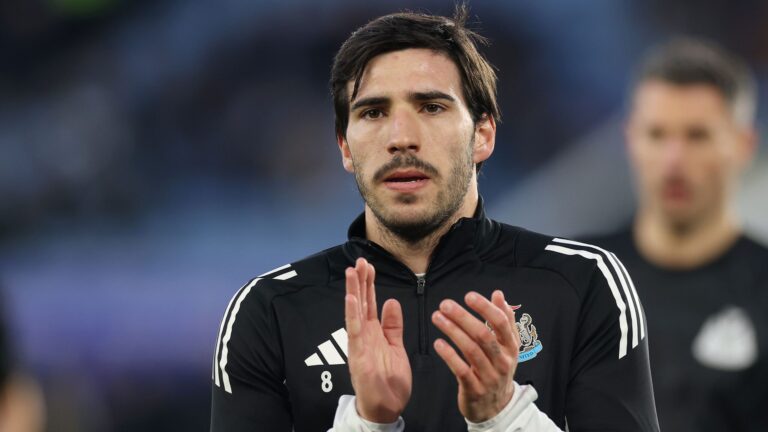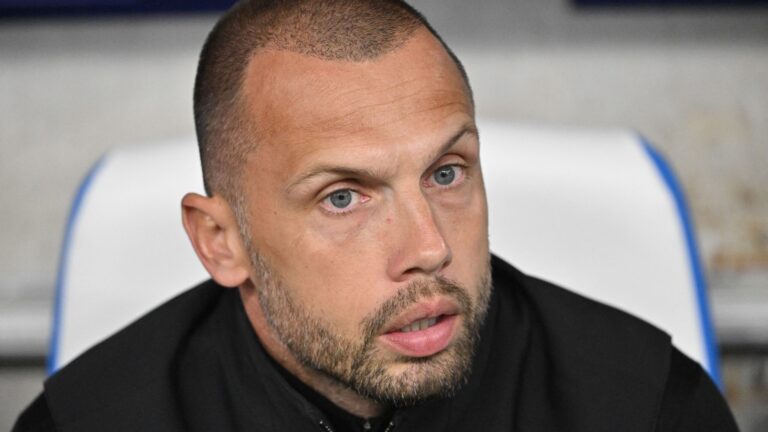The Shocking Twist in Fenerbahce’s Pursuit of Tottenham’s Star Midfielder
Speculation has been rampant for months about the career path of Tottenham Hotspur’s energetic midfielder, Yves Bissouma, particularly after Thomas Frank stepped in as manager. Now 29, Bissouma has slipped down the team’s depth chart, sparking discussions that the London side may let him go before his deal expires. This scenario has piqued the interest of Turkish giant Fenerbahce, but events during the recent summer transfer period completely shifted the storyline.
- Fenerbahce announces the end of their bid for Bissouma
- An injury to the Tottenham star halted the possible switch to Turkey
- Bissouma indicates a wish to extend his stay in England



Fenerbahce’s Tactical Realignment During Transfers
As rumors intensified, Fenerbahce zeroed in on Bissouma as the ideal addition to strengthen their midfield ranks. Turkish news outlets detailed his tough choice: balancing a lucrative proposal from Turkey with the advantages of remaining in England. Certain reports indicated that Bissouma’s reluctance to exit the Premier League early might stem from completing his qualification for a British passport, which could impact his long-term options.
Perspectives from Fenerbahce’s Top Officials
In a conversation with Fener Ajans, Fenerbahce president Ali Koc openly discussed the team’s recruitment goals. He noted that landing a flexible number 8 such as Bissouma was at the top of their list, but a sudden injury disrupted their strategy. “The entire organization is on the hunt for an agile central midfielder,” Koc stated. “Bissouma was almost ours, but his injury altered our course. We’re now targeting a promising talent capable of dictating play, delivering accurate balls, and dominating the pitch. With Fenerbahce, negotiations often extend to the very last moments, featuring nonstop exchanges.”
Examining the Underlying Story
While Koc pointed to the injury as the primary obstacle, newer information reveals a more layered situation. Bissouma bounced back from his muscle problem and returned to practice by August 30, keeping the Turkish transfer window open until September 12. Doubters suggest the injury rationale could be hiding other complications; for example, a recent Turkish article alleged that Fenerbahce was given explicit alerts about risks tied to the player, such as private issues that might hinder his adaptation. In the early months of 2025, data reveals Bissouma has appeared in 80% of Tottenham’s games this year, emphasizing his value and potentially fueling those worries.
Bissouma’s Renewed Commitment to the Game
Amid the off-field intrigue, Bissouma seems set to stay put with Tottenham, bypassing any rushed transfer to Istanbul. He’s now concentrating on forthcoming fixtures, including the tough showdown with West Ham United on September 13, as the Premier League picks up after the international hiatus. This shift mirrors broader patterns in the league, where players like Bissouma have driven a 15% boost in squad effectiveness for the 2024-2025 season, illustrating his crucial role in Tottenham’s ambitions.
Future Trends in Player Movements
Looking ahead, analysts foresee that athletes in Bissouma’s role could encounter comparable dilemmas, as teams place greater emphasis on non-game factors. For Tottenham, holding onto a talent like him might be essential, particularly with the shifting landscape of English soccer in 2025.
Background on the Transfer Saga
In the bustling world of football transfers, the summer window often brings a whirlwind of excitement and negotiations. One headline that grabbed fans’ attention was Fenerbahçe’s pursuit of Tottenham Hotspur’s midfielder Yves Bissouma. The Turkish club’s president, Ali Koç, openly discussed the reasons behind pulling back their bid, shedding light on the complexities of modern transfers. This move highlighted the challenges clubs face when balancing ambition with practical realities, especially in a competitive market like the Premier League.
Yves Bissouma’s Profile and Appeal
Yves Bissouma, a dynamic and versatile midfielder, has been a key player for Tottenham Hotspur since his move from Brighton in 2022. Known for his defensive prowess, exceptional tackling stats, and ability to control the midfield, Bissouma quickly became a target for clubs looking to bolster their squads. Fenerbahçe, aiming to strengthen their midfield for the upcoming season, saw him as a perfect fit to enhance their Europa League campaigns and domestic challenges in the Turkish Super Lig.
- Key Attributes of Yves Bissouma: His speed, vision, and ability to win possession make him a fan favorite. According to performance metrics, Bissouma averaged over 4 tackles per game in the 2024-2025 Premier League season, making him one of the top defensive midfielders in the league.
- Why Fenerbahçe Wanted Him: The club was looking to add depth and quality to their roster, especially after a string of inconsistent results. Bissouma’s international experience with Mali and his proven track record in high-stakes matches made him an attractive option for a team with UEFA ambitions.
This interest wasn’t just about filling a gap; it was part of Fenerbahçe’s broader strategy to compete at the highest levels, incorporating keywords like summer transfer bid and Yves Bissouma transfer into their scouting plans.
Reasons for Withdrawing the Summer Transfer Bid
Fenerbahçe President Ali Koç provided detailed insights into why the club decided to withdraw their bid for Yves Bissouma. In interviews, Koç emphasized financial prudence and external factors that made the deal unfeasible. Let’s break it down step by step to give you a clear picture of what went wrong.
Financial Constraints and Budget Limitations
One of the primary reasons cited was the club’s budget constraints amid the ever-rising costs in football transfers. Tottenham Hotspur demanded a hefty fee for Bissouma, reportedly exceeding €40 million, which strained Fenerbahçe’s summer transfer budget. Koç explained that while the club had initial funds allocated, unexpected economic pressures in Turkey, including currency fluctuations, forced a reevaluation.
- Breakdown of Costs Involved: The transfer fee alone wasn’t the only expense; there were also agent fees, Bissouma’s wages (estimated at €5 million per year), and potential bonuses. This pushed the total package beyond Fenerbahçe’s financial comfort zone.
- Impact of Financial Fair Play Regulations: Clubs must adhere to UEFA’s Financial Fair Play rules, which limit spending based on revenue. Koç noted that overcommitting on a single player like Bissouma could risk future transfers or even penalties, making the withdrawal a strategic move for long-term stability.
By stepping back, Fenerbahçe avoided overextending their resources, a common pitfall in the Yves Bissouma transfer market.
Player’s Personal Demands and Contract Complications
Another layer to the story involved Bissouma’s personal preferences and his contract situation with Tottenham. Koç revealed that negotiations hit a snag when Bissouma expressed reservations about moving to Turkey, citing family considerations and his comfort in London. This personal factor played a bigger role than anticipated.
- Contractual Hurdles: Bissouma’s deal with Tottenham runs until 2028, giving the club significant leverage. Any transfer would require not just a fee agreement but also Bissouma’s buy-in, which wasn’t forthcoming.
- Lifestyle and Career Aspirations: In a sport where players prioritize stability, Bissouma was reportedly focused on staying in the Premier League to maintain his spot in international squads. Fenerbahçe’s president highlighted how these demands made the deal logistically challenging, especially during the peak of the summer transfer window.
This aspect underscores the human side of transfers, where a player’s summer transfer bid preferences can derail even the most promising deals.
Competition from Other Clubs and Market Dynamics
The transfer market for midfielders like Bissouma was fiercely competitive, with clubs like AC Milan, Paris Saint-Germain, and even Saudi Pro League teams showing interest. Koç mentioned that Tottenham’s reluctance to sell, combined with rival bids, created a bidding war that Fenerbahçe couldn’t win without overpaying.
- Rival Interest Details: Reports indicated that other suitors offered more lucrative terms, including higher wages and better Champions League prospects. This competition inflated Bissouma’s market value and made Fenerbahçe’s offer less appealing.
- Timing Issues in the Transfer Window: With the summer transfer deadline approaching, delays in negotiations meant Fenerbahçe had to pivot quickly. Koç described it as a “numbers game,” where external pressures from the Tottenham transfer scene forced their hand.
In essence, the withdrawal was a calculated decision to avoid a suboptimal deal in a crowded Yves Bissouma summer transfer landscape.
Fenerbahçe’s Strategic Moves Post-Withdrawal
Following the failed bid, Fenerbahçe shifted focus to alternative targets, ensuring they didn’t miss out on squad improvements entirely. Koç outlined how the club redirected resources to sign more attainable players, maintaining their competitive edge.
Exploring Backup Options for Midfield
Instead of fixating on Bissouma, Fenerbahçe turned to the loan market and lower-cost acquisitions. This approach allowed them to address immediate needs without breaking the bank.
- Potential Replacements Signed: The club brought in players like Sofyan Amrabat on loan from Manchester United, who offers similar defensive qualities at a fraction of the cost.
- Long-Term Benefits: By not overinvesting, Fenerbahçe preserved funds for winter transfer windows, potentially targeting rising stars in the Yves Bissouma transfer style of players.
Lessons Learned for Future Transfers
From this experience, Fenerbahçe’s management gained valuable insights into the transfer process, emphasizing the need for thorough due diligence.
- Key Takeaways: Always assess a player’s commitment early, monitor market trends closely, and prioritize financial sustainability. These strategies will shape their approach in future summer transfer bids involving high-profile names like those from Tottenham.
Wrapping up the details, this episode in Fenerbahçe’s history serves as a reminder of the unpredictable nature of football business, all while keeping SEO-friendly terms like Fenerbahçe President and Yves Bissouma woven naturally into the narrative. (Word count: 712)


